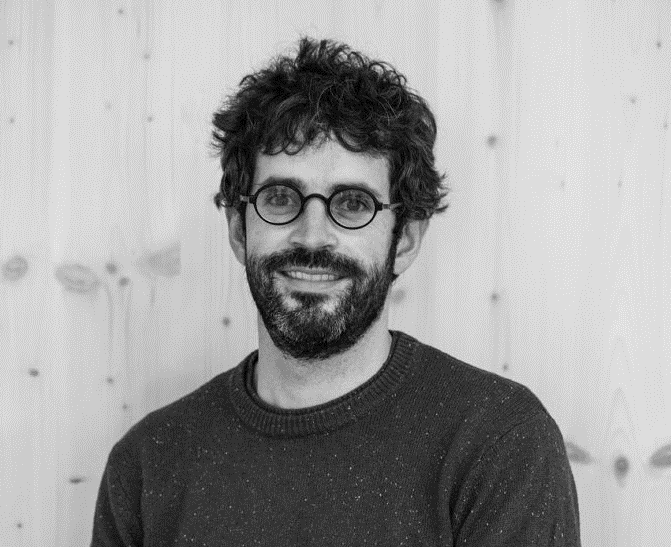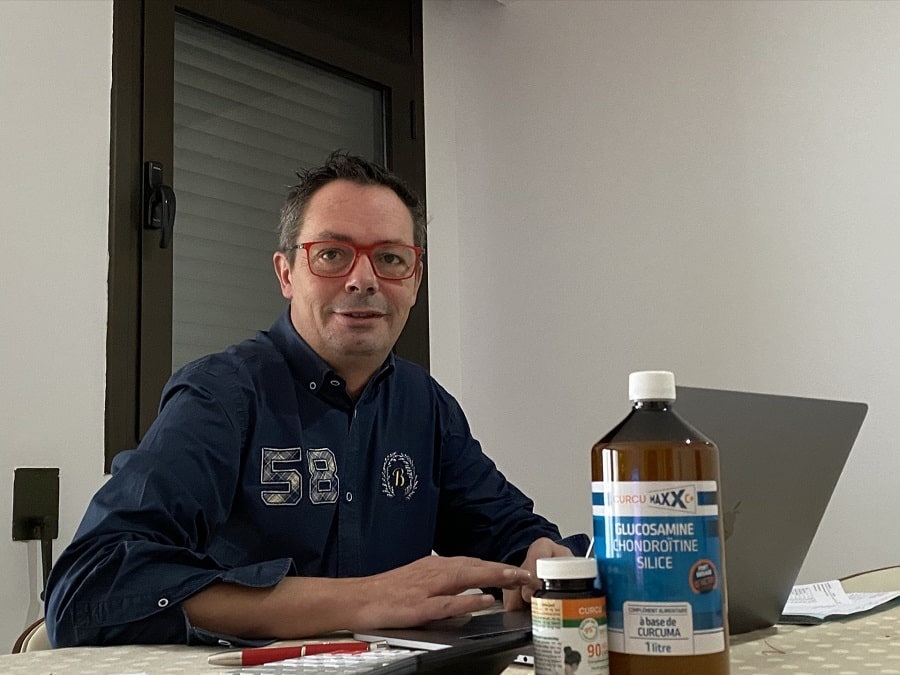Enrique Tomás (Spain) is a company that sells about 15% of all Iberian produced jamón , as well as other varieties of ham and other gastronomic products. Today the company is presented in 11 countries. By 2030 the company plans to operate in 30 countries. Today the brand is known mainly in Europe, Latin America, and in the United States. Japan and China are markets on the horizon, and with the improvement of e-commerce, the company aims to be represented in every part of the world. Enrique tells us about the history and culture of jamón.
Interview: Irina Rybalchenko
How did your brand come about and how did it develop?
The Enrique Tomás brand has developed in parallel with my life. In the beginning the company carried my name, today I carry the name of the company. I started in a market in Badalona, where I knew my customers by name, and today we sell about 15% of all the Iberian jamón we produce.
Today there is no menu in Spanish restaurants without jamón. Why?
Because jamón is something special. More than 40 years ago, housewives, who did most of the shopping at that time, came to the market to buy it with their husbands even if they did the other shopping themselves, because it was esteemed as a family decision.
How do you define a good ham?
If you mean a pork ham aged in salt, there are dozens of varieties. Different countries and cultures have different traditions. In Spain there are many types of jamón: the so-called “chestnut jamón” from Galicia, jamón serrano from Aragon or Trevélez, and of course Iberian jamón.
A quality jamón is one made with professionalism and love, and which is a pleasure to eat. Or to say it another way, if the jamón is not a pleasure to eat, it is not good. This is what we expect from Iberian jamón, which is considered a special gastronomic product. From my point of view, if it is not considered the best gastronomic product in the world, it should at least be among the TOP 3.
Of course, Iberian jamón has its own qualities that depend on the purity of the breed, the feed and the curing time. But even if we take care of all these elements, it is very difficult to achieve consistency, which is why our job is so difficult.
What is your personal favourite type of jamón and why?
Ham is a complex product. It has aromatic nuances, intensity of flavour, different taste nuances. If we talk about me personally, I prefer our 5-star jamón (50% of the diet of Iberian farmed animals consists of acorns), as I think it has a perfect balance.
My goal is for people to become more familiar with the world of jamón , because the more you learn about it, the more varieties and variations you’ll want to try.
Your personal advice: what is the best way to eat jamon and what wine goes best with it?
The best way to eat jamón is undoubtedly freshly sliced, so to speak “from knife to mouth.” But since this option is not always available, I recommend that our customers purchase pre-sliced and vacuum packed jamon. This is the closest option to a fresh cut. But what is absolutely undesirable is to buy a whole leg and consume it for more than a few days. In this case, jamón loses all its organoleptic properties.
We as a company recommend El Vino Fino de Jerez. In my personal opinion, Harveys sherry is something special! Jamón is also perfectly paired with cava or beer.
Interestingly, contrary to popular belief, red wine is not optimal to pair jamón, with a few exceptions. We, for example, produce a red wine specifically designed for jamón. It is called Maridaje and it is produced by my son Albert, who runs the company with me and is a passionate wine lover.
What do you think is the formula for success?
You need to be able to capitalise on failures, to learn to become “less and less stupid.” My latest book is coming out in a few months, which explains much of what happened during the pandemic. We made a number of decisions that turned out to be the right ones over time, but they could have been wrong ones.
Surrounding yourself with talented people is another underlying success factor. But lately I keep quoting Einstein, who once said that talent is no more than 1% of success. The rest is effort and persistence.
What can you say about the evolution of the food sector in general? What are the latest trends?
It is a highly competitive sector that is affected by many external factors, and it is constantly evolving. 40 years ago, people bought whole legs of jamón and knew how to cut them properly at home. Now we’re practically in the “chewy” era.
The customer today is different, and we are constantly thinking about how to satisfy them – creating new products as a result. A good example is Tomasón: our signature sandwich made of soft bread with shavings of ham. It was born out of the realisation that mums want to give their children “apples” and kids want “buns.” So we needed to find something in between that both mums and kids would enjoy.
It seems that we live from one crisis to another, and it’s difficult to build long-term consumer behaviour in this way. My advice is always, “less is better.” Our real competitor is bad jamon. In Spain, most people know how to tell good jamón from bad. Outside Spain, alas, the main criterion for quality is price. This is not true, and we have to be more active in explaining this.
In Andorra people are also quite aware of the jamón culture. We signed an agreement with a group of companies that has a network throughout Andorra. So now Enrique Tomás products can be found in shopping centres and in all the local shops located in the service stations of this country.
Have you ever had to deal with an angry customer? What do you do in such a situation?
With the kind of quality control we have, we fully guarantee quality for all of our products. But of course we make mistakes. If someone is dissatisfied with their purchase, we will exchange it without question. We respect our customers, so all disputes can be resolved.
Speaking of the future, what trends in the food sector can you predict?
The same as with jamon: less but better. In other words, we will buy less food, but the quality of products will be monitored more. Quality products are paramount to the health of our society. But we must always be mindful of changing consumer trends and keep our consumers informed.
Therefore, it is important for us not only to invest in innovation and product quality, but also in communication and sponsorship activities. The world of sport and music is very important to us. We will be well represented at the Latin Grammy Awards, which will take place in Seville in November. We want to openly demonstrate that we are the “jamon of the music world.”
Creating something that benefits the future generation is a goal that all manufacturers should strive for. Do you agree with that?
I totally agree. It goes along with one of my theories – I want to be proud of how we achieved it, not what we achieved. I have three children, the youngest is only seven years old, and I have three grandchildren, so it’s impossible not to want them to live in a better future. So in this sense, we participate in initiatives that not only benefit the environment, but also demonstrate solidarity.
One such event is going to be held on December 12, when we are organising a solidarity concert at the Sagrada Familia cathedral, with the blessing of the Pope. We are excited to have Pasión Vega and David Bisbal sing at the event, in an effort to raise funds for the construction of the hospital. We are fortunate – the opportunity to donate is a privilege.











